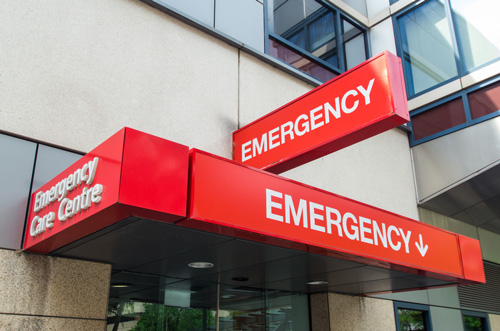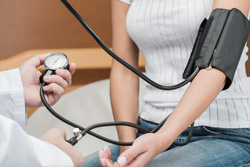
Emergencies and Healthcare
Medical emergencies can be incredibly overwhelming for everyone involved. Whether you experience a crisis yourself, or are trying to find help for someone in need of emergency care, it can be daunting trying to find the right services to provide the help that you need quickly.
Understanding the options available to help take care of you and your family will help you make the best choices to find the care you need in emergencies. The best care will usually start with finding the service that best fits your current needs.
Emergencies
 There are many different kinds of emergencies, and many different ways in which the healthcare system is prepared to help. While there is usually no “wrong” choice, finding the right service will ensure you get the best care more quickly.
There are many different kinds of emergencies, and many different ways in which the healthcare system is prepared to help. While there is usually no “wrong” choice, finding the right service will ensure you get the best care more quickly.
Some services, like a clinic or a family doctor, will allow you to walk in or make appointments for basic medical services. These are a great starting point for referrals to specialists or to ask initial questions about your medical concerns. The Emergency Room or even 9-1-1 can be used in emergencies that require immediate medical attention. These are generally meant to be used only for problems that are an urgent threat to life. Urgent Care Centres are an excellent middle ground between a clinic and emergency services. These centres can be used for pressing medical concerns that need expert help, but are not emergencies (such as broken bones, cuts, or dehydration).
Myths and Misunderstandings
Having up-to-date information is an important step in taking care of your health. There are, however, some myths to clear up:
- Triage helps medical professionals prioritize properly. The severity of a patient’s condition will be evaluated to make decisions about how to use medical resources the most effectively. For this reason, people may not be seen in the order that they arrive at a hospital – even those arriving in an ambulance! The sickest people will likely be given priority over those with less urgent concerns.
- The best way to see a doctor for a medical concern that isn’t an emergency is actually to go to a clinic or doctor. These locations are better designed to spend time and focus on these less urgent problems. Going to a hospital for these problems will not only be more stressful and take longer, but could also take up time, space, and resources needed for people experiencing emergencies.
- Some medical concerns can feel like an emergency, but do not need emergency services. While some situations certainly feel urgent, medical emergencies are typically considered to be immediate problems. Most diagnostic tests and procedures can absolutely feel like a personal emergency and patients may want a sense of urgency for their care. Unfortunately, many tests simply take time to schedule or perform and can best be accessed through clinics or a family doctor.
How to Get Emergency Help
Although many alternative services are recommended for better and more efficient care, everyone is still encouraged to call emergency services if they think they need them.
There are a variety of services available to people that are only a phone call or click away:
Call:
9-1-1 for any life threatening emergency (medical, police, or fire)
8-1-1 to reach Health Link, where health advice can be found 24/7
2-1-1 for information and referral services, to be connected with services in the community
2-1-1 (extension 3) if you or someone you know is in distress
1-800-332-1414 for Poison Control
Go to:
https://medicentres.com/clinic-locations/ to find clinic locations
http://www.cpsa.ca/ to find a family doctor
http://www.mentalhealthcanada.com/Crisis-Intervention.asp?lang=e a directory of crisis intervention centres and phone numbers
https://www.canada.ca/en/health-canada.html for information on health and healthcare in canada